Getting Screened For Breast Cancer in Japan
Don’t Put It Off!
Early detection is important—be sure to get checked for breast cancer this month.
There are scores of things to worry about when living in a foreign country, but that shouldn’t be an excuse for your health to be put on the backburner. While it may be hard for some to buy bras in Japan, there’s nothing that should stop you from taking care of your breast health.
Ladyknows Fes 2019
October is Breast Cancer Awareness month, and from now until Friday, Oct. 11, Ladyknows Fes 2019 will be taking place at Trunk by Shoto Gallery in Shibuya. This event is designed for women to join together to learn about and how to manage their overall health—both mental and physical.
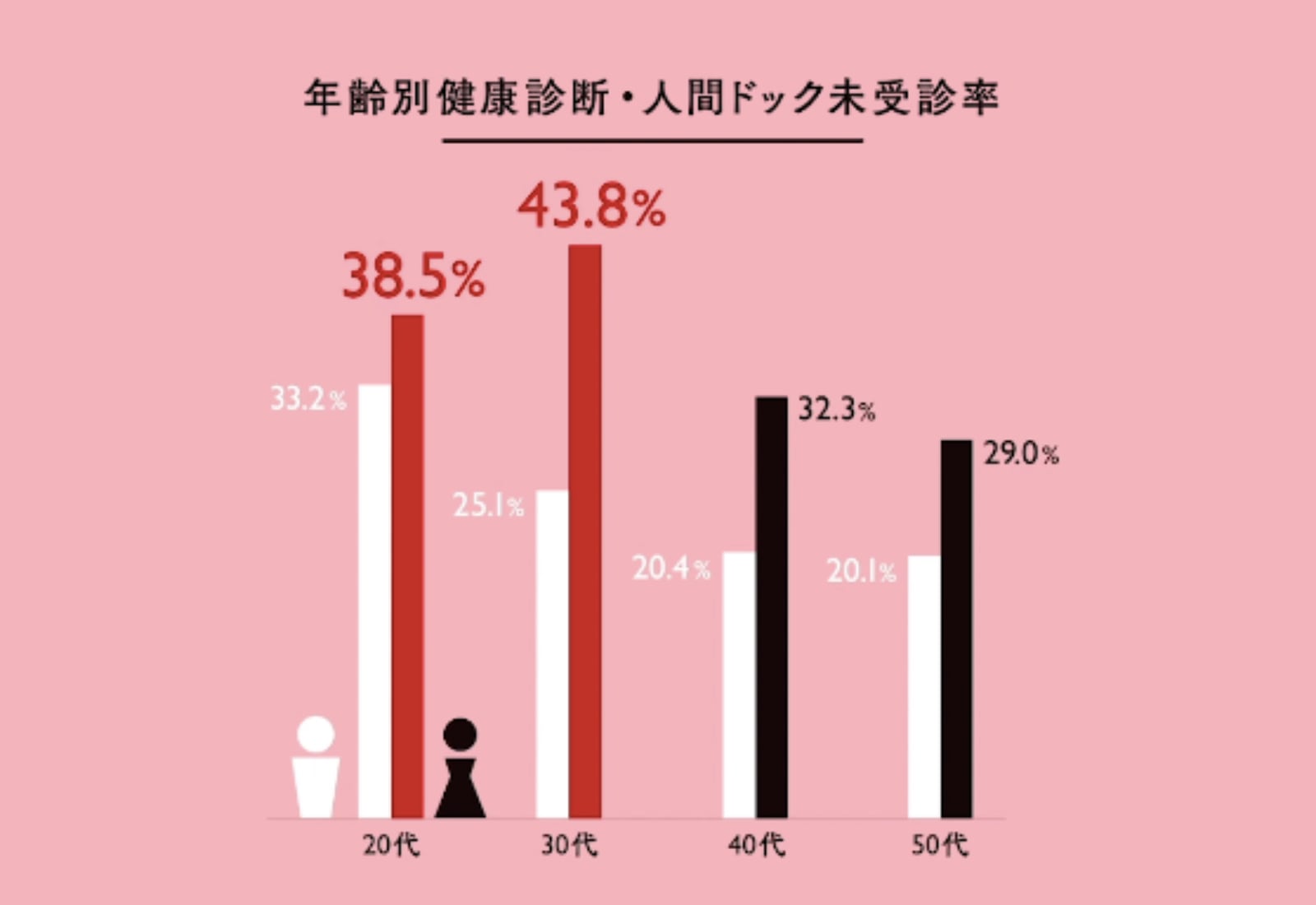
In Japan, there is a substantially higher percentage of women than men who do not get their regular health examination done. Chart from the official website of Ladyknows.
According to their (and government research), nearly 40 percent of women in their 20s, and almost 45 percent of women in their 30s in Japan have not (or do not) get their annual physical examinations. In comparison, both rates are higher than men in Japan who do not get regularly screened. These health screenings are so vital, especially for women, because female-specific cancers, such as breast cancer or cervical cancer, can be detected here in its earlier stages. Unfortunately, however, many women in Japan don’t get their physical examinations done, meaning early detection of breast cancer is scarce.
breast cancer remains the number one leading cause of death of women in Japan aged 30-64.
In fact, an older friend of mine had never even considered getting checked until Empress Emerita Michiko had surgery for breast cancer in September. “It never crossed my mind that my breasts could harbor something that could kill me.” (Junko, Japanese, 53)
Breast Cancer Statistics in Japan
According to the National Cancer Registry Summary published by Japan’s Ministry of Health, Labor and Welfare, a near one million new cases of cancer were found in Japan in 2016. Women made up almost half of those cases and breast cancer was the most prevalent type, making up 20 percent of all female cases. What is even more terrifying is that the rate of women who lose their lives to breast cancer in Japan is continually increasing: 14,285 women lost the dreaded fight against breast cancer just last year, a number that is more than three times what it was 35 years ago. Consequently, according to the Japan Cancer Society, breast cancer remains the number one leading cause of death of women in Japan aged 30-64.
But there is hope! Based on a report done by Japan’s National Cancer Center, if breast cancer can be detected early on, there is a three-year survival rate of nearly 100 percent for stage I breast cancer in men and women. The rate remains extremely high at 98 percent for stage II breast cancer and over 80 percent for stage III breast cancer.
Know The Symptoms
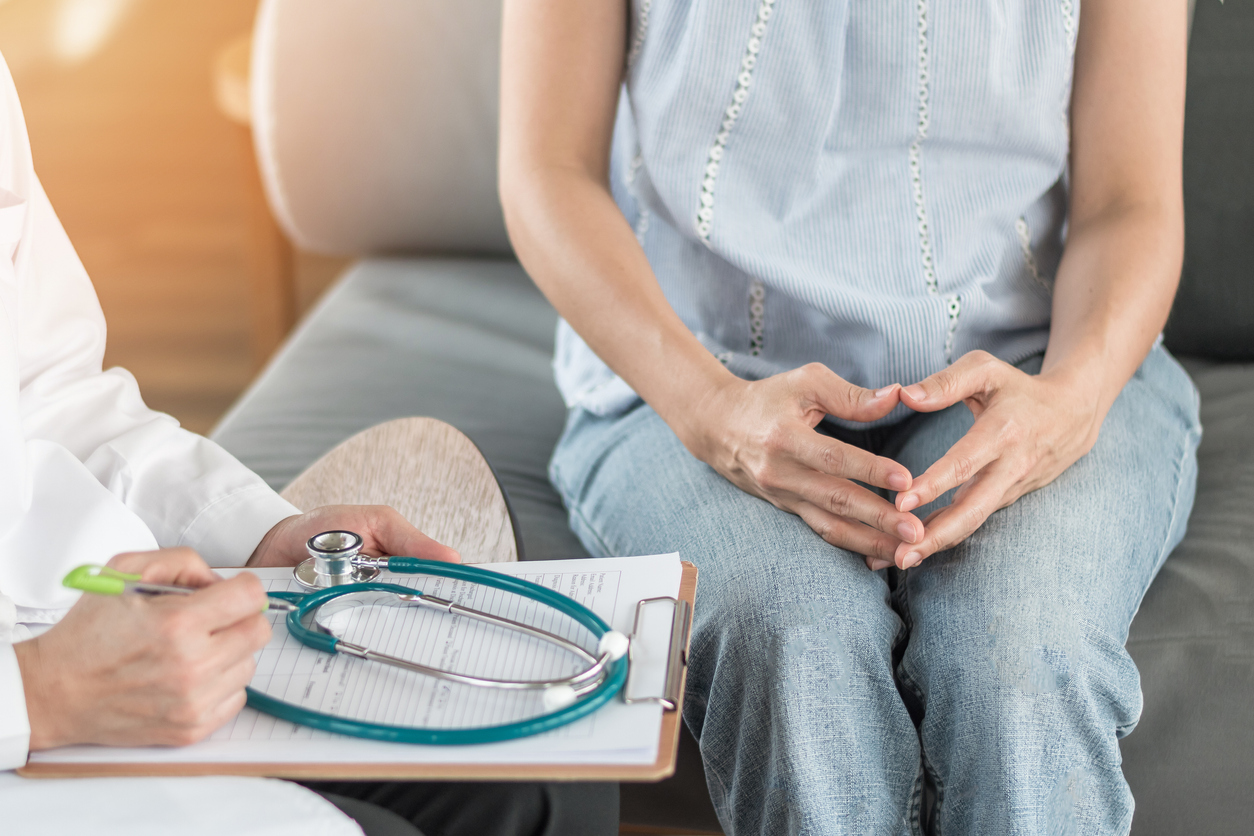
If you have any of the following symptoms, you should make an appointment with your doctor right away:
- Any skin changes in one/both breasts (swelling, redness, pitting of skin similar to an orange peel, skin irritation, itchiness, overall color)
- Changes to one or both nipples (discharge other than milk, discoloration, peeling or flaking of the skin, sudden inversion)
- A sudden increase in breast size or shape
- Change in touch (feels hard or warmer than usual)
- The presence of any lumps, nodes or otherwise hard/thick ‘bumps’ in or around the breast tissue
If you have one or more of the above symptoms, it doesn’t necessarily mean you have breast cancer, but they are symptoms that every woman should be aware of and quickly get checked out.
This anecdote from an American friend might help convince you to get these symptoms checked: “My mother got this weird rash across her chest and it wouldn’t go away so she went to the hospital. The doctor there told her it was dermatitis (skin irritation from a new body soap), but during the exam, he spotted something not normal with her breast. Long story short, stage II breast cancer was spotted in time and my mother is fine now.”
When Should You Get Checked?
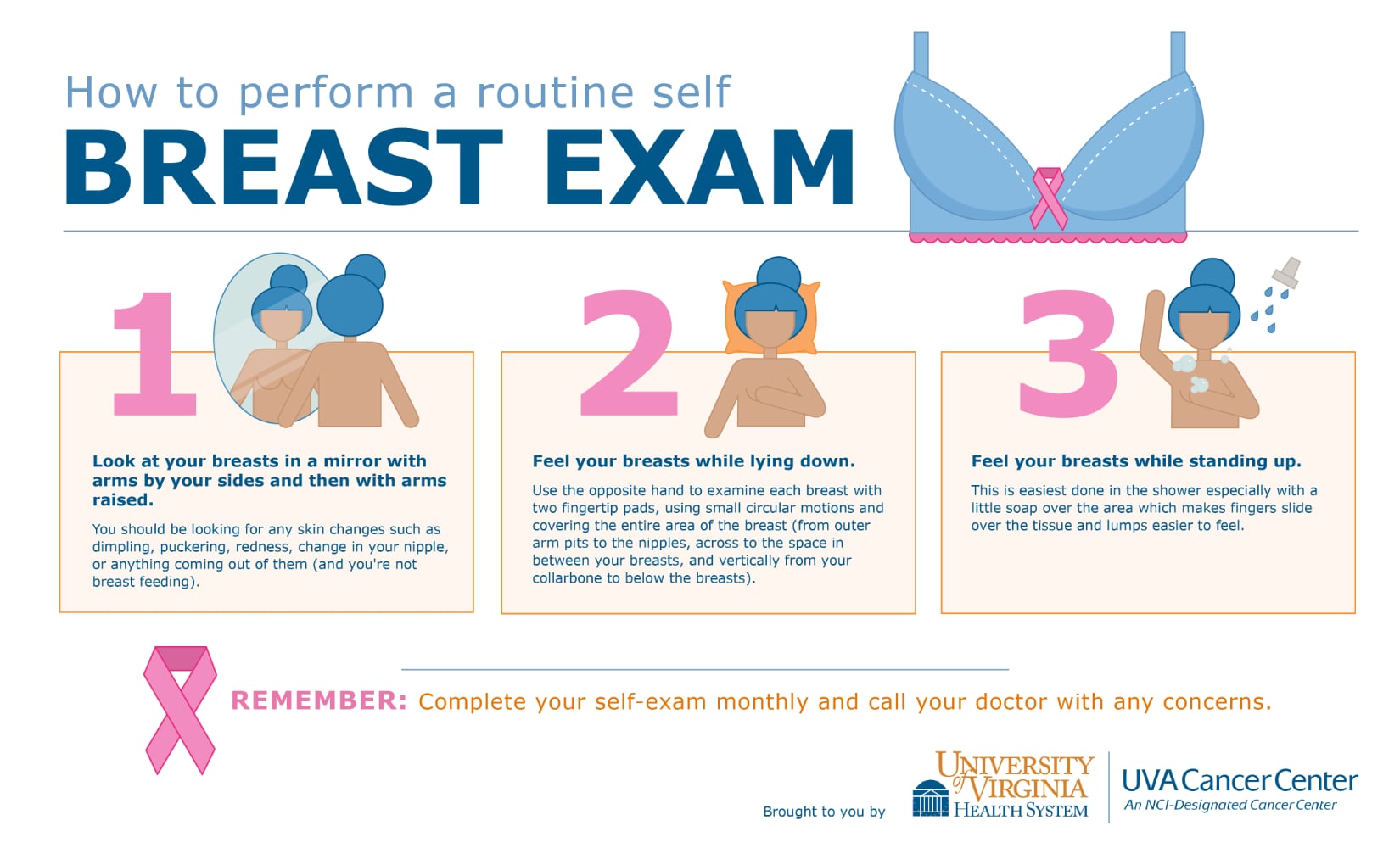
How to perform a routine self breast exam. Chart from the official website of Your Center, UVA Cancer Center.
Women of all nationalities over 20 years old should familiarize themselves with their breast health—giving yourself a biannual self-breast exam is generally considered enough at this age.
For women in their 30s who have no family history of breast cancer, most doctors believe that regular self-checks and screenings every two to three years is reasonable enough. If you are over the age of thirty, have not had children, and have a family history of breast cancer, then you should inform your doctor of this and they will tailor an exam schedule to best suit you. For some women, this may mean screenings every year, while for others, it may be every six months.
For women aged 45 and over, screenings should be done every year (for those with a family history of it) and every other year for women without a family history.
Where To Get Checked
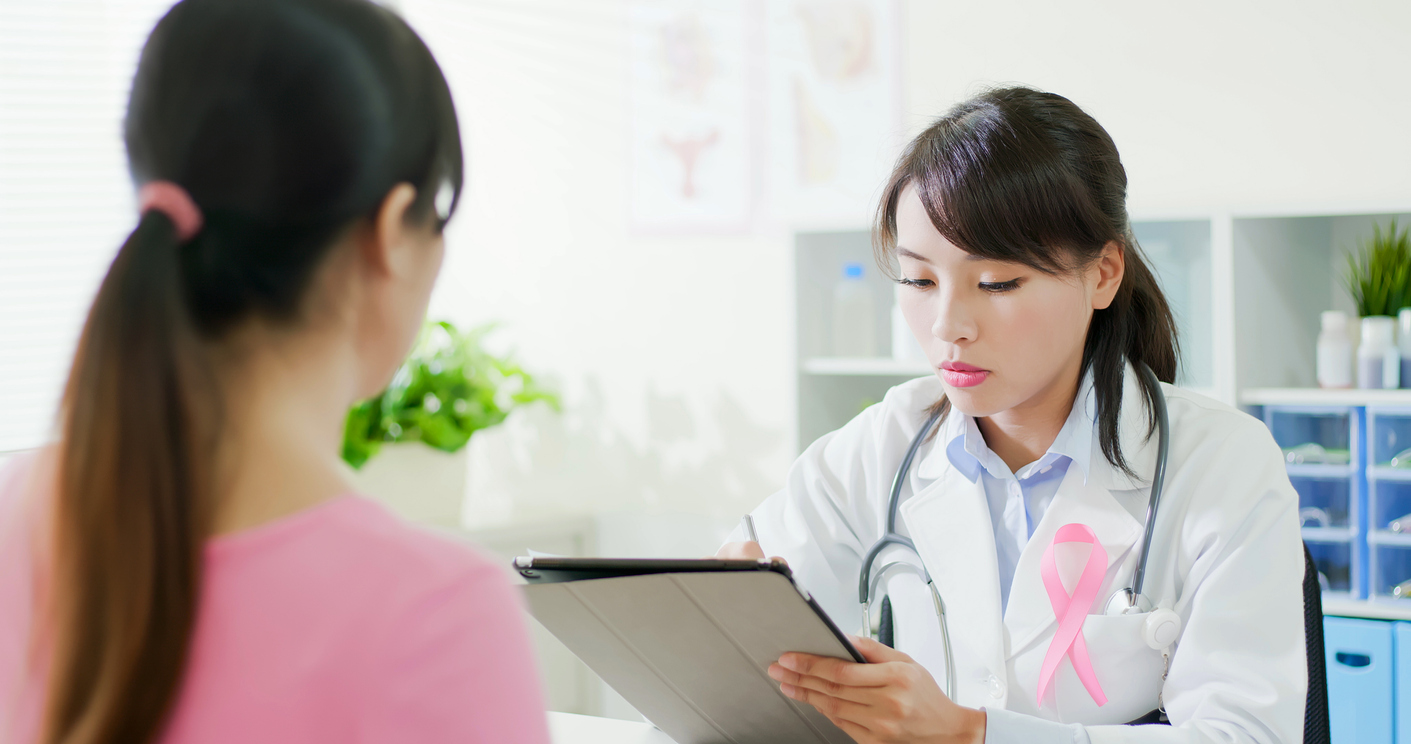
In Tokyo and the surrounding areas, those who are part of the National Health Insurance plan can be undertaken at any cancer clinic or hospital, and often costs less than ¥2,000. In Kawasaki, for example, you may qualify to receive a voucher for a free cervical and breast cancer screening. For more information on these vouchers, check out this article about cancer screenings.
If you aren’t confident in your Japanese speaking skills, then there are several options in Tokyo for clinics that provide breast cancer screenings in English.
Tokyo Midtown Clinic
Where: Midtown Tower 6F, 9-7-1 Akasaka, Minato-ku, Tokyo
Appointment: Required
Time: Takes an hour
Cost: ¥24,840 **Please note that they do not take National Health Insurance
Jiyugaoka Miki Breast Clinic
Where: アンジェー Jiyugaoka 2F, 1-7-16 Jiyugaoka, Meguro-ku, Tokyo
Appointment: Required
Time: Take 30 minutes or more
Cost: Varies by screening, most partially covered by Japanese Health Insurance
Murasaki Breast Clinic
Where: Arahisa Bldg. 6F, 2-19-2 Nishigotanda, Shinagawa-ku, Tokyo
Appointment: Required (drop-ins may be accepted, depending on their schedule)
Time: Takes 20 minutes or more
Cost: Outpatient treatment covered by National Insurance; Shinagawa City voucher holders have free treatment, otherwise not covered by insurance
Kameda Kyobashi Clinic
Where: Tokyo Square Garden 4F・6F, 3-1-1 Kyobashi, Chuo-ku, Tokyo
Appointment: Required
Time: Takes 30 minutes or more
Cost: Partially covered by Japanese Health Insurance
Tokyo Rinkai Hospital
Where: 1-4-2 Rinkaicho, Edgawa-ku, Tokyo
Appointment: Required
Time: Varies
Cost: A regular health check is ¥4,320, +¥10,260 for a breast exam
Sakurashinmachi Hamaoka Breast Clinic
Where: ミケア3F, 2-10-4 Sakurashinmachi, Setagaya-ku, Tokyo
Appointment: Required
Time: Takes 20 minutes or more
Cost: Partially covered by Japanese Health Insurance
Ikenoue Clinic, Gynecology & Obstetrics
Where: 1-41-6 Kitazawa, Setagaya-ku, Tokyo
Appointment: Required
Time: Takes 30 minutes or more
Cost: Partially covered by Japanese Health Insurance, payments in cash only












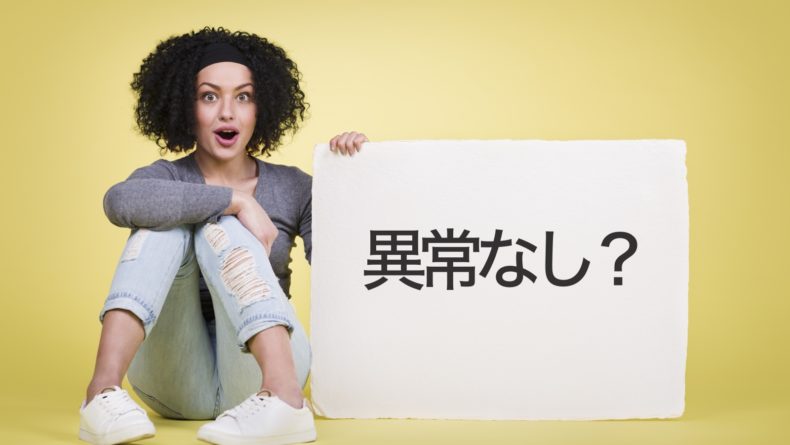
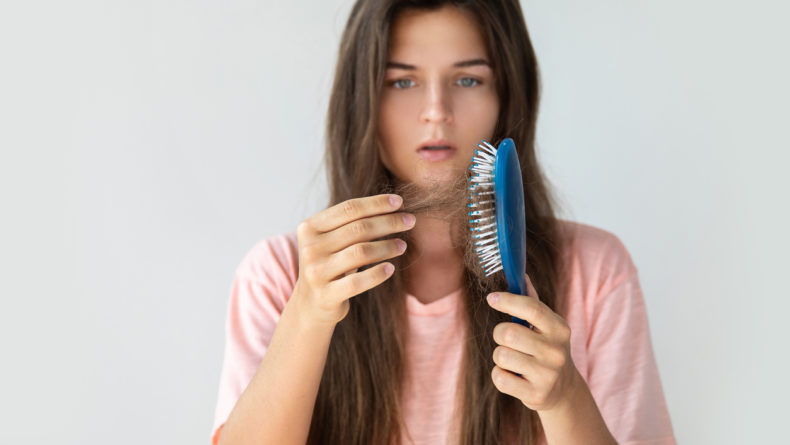
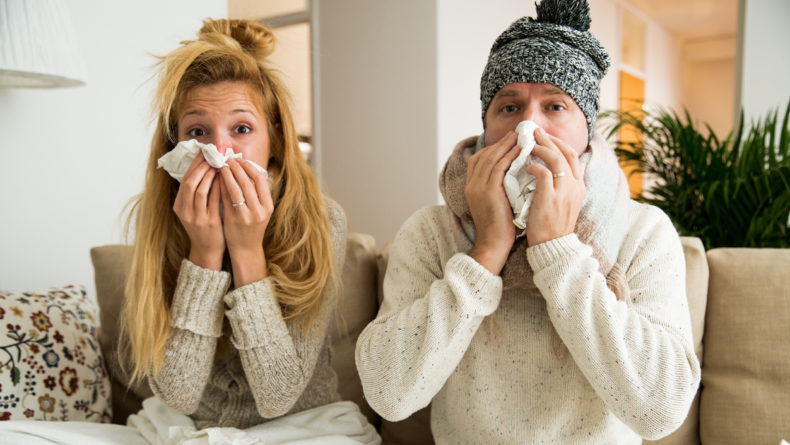
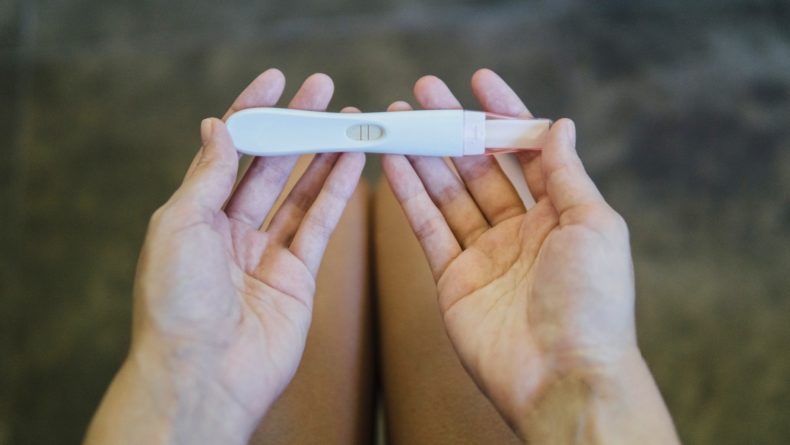
Leave a Reply